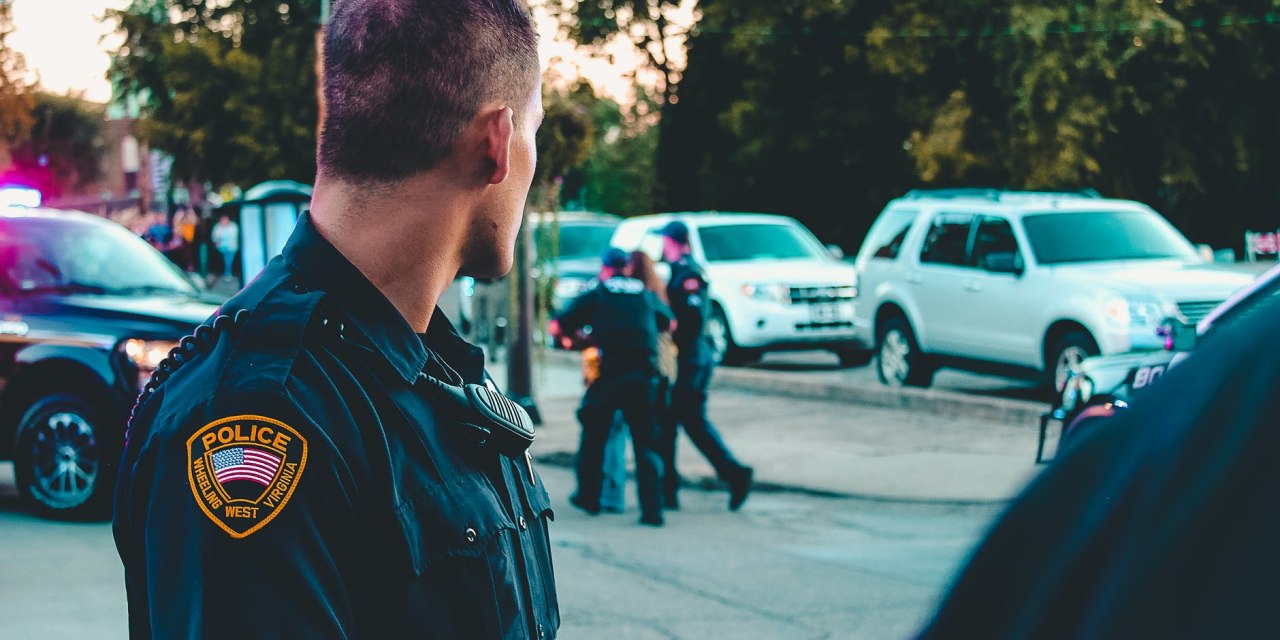Over the years, I’ve encountered several incidents where law-enforcement activity has directly impacted a treatment program and its patients.
One such incident involved a deputy from a different county who appeared at a rehab in the wee hours of the morning, banging on the front door and demanding the night staff turn over a client, to be taken into custody. Another incident involved an actual raid by local authorities on a halfway house, based on the police chief’s suspicions that the program was harboring wanted criminals (they weren’t). A third involved multiple agencies showing up unannounced to arrest an outpatient as he arrived for an appointment.
No catastrophes resulted, but it was clear the staff were unprepared for incidents of this type. They needed an established policy and procedure, plus training, to guard against potential problems.
It seemed to us that our policies had to address three areas where we could be seen as potentially responsible. They were:
- Ensuring the safety of persons in the vicinity when the incident occurred. Including staff and patients, of course, as well as visitors, if there happened to be any.
- Protecting patient confidentiality. Of patient records, but also the patients themselves. Against inadvertent contact with the law, as in, “hey, that’s Marvin Schmidt! We’ve been looking all over for that guy.”
- Last but not least, we needed to ensure careful and thorough documentation of incidents of this type, in the event we’re asked to explain our actions later — perhaps in Court.
We would need to consider the possibility that something would go seriously wrong, perhaps resulting in a sentinel event. We would need a process to review, analyze, and improve our own performance, the way we do with other emergency situations.
Today, in the current climate, law enforcement agencies are taking on vastly different roles. Planning and practicing our response seems to me like common sense.
Hopefully, nothing bad will happen in such conditions. But if something does, we want to be ready.













